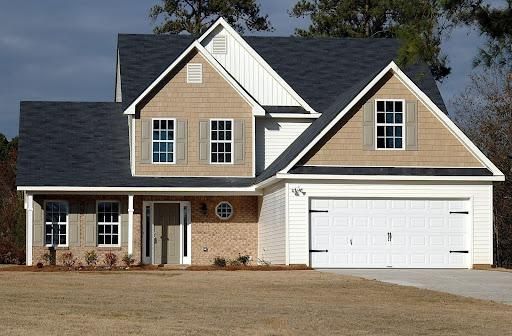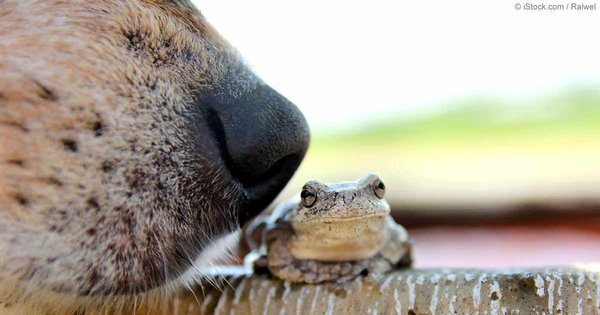The purpose of this post is to offer tips on how to locate the best-unoccupied house insurance. A person may find himself or herself in possession of an uninhabited house for various reasons. While some may argue that getting house insurance for these properties isn't necessary because they aren't occupied, these properties require more coverage than those that are.
What Is Vacant House Insurance, And How Does It Work?
Unoccupied house insurance is property insurance that covers a vacant home. A standard homeowners insurance coverage might become void if the property is not inhabited for more than 30 to 60 days, which many owners are unaware of.
While some individuals have tried openly lying to their insurance companies about the number of persons living in the property, they might have problems if they discover your deception. Getting adequate empty house insurance to ensure your property is a far better strategy.
There are various reasons why you may find yourself in an uninhabited house. These are some of them:
Inheritance- In their will, a relative may leave you a house. While this may be beneficial to you, it may not be so beneficial if you currently live in a property requiring empty house insurance.
Home away from home- You can have a vacation house that your family only visits a few times a year. You will need to ensure this property because it is not your primary residence.
Renovation- Major property renovations that take individuals out of their homes for an extended time might result in the property being classified as unoccupied if it has been empty for more than 30 to 60 days.
This is a brand new property- It might also be a brand-new home that has just been acquired and is undergoing design adjustments to suit the new owner's tastes.
Property for rent- Even if you enable tenants to reside in your home, empty house insurance may be required if the interval between tenants' stays in your home is greater than 30 to 60 days.
How to Lower the Cost of your Empty Home Insurance
Houses that are not occupied represent a greater risk than those occupied regularly. Because there was no one to oversee the plumbing, burst pipes might cause considerable water damage. In addition, vandals and thieves in the neighborhood are more likely to target empty properties.
Unoccupied house insurance is difficult to come by, and it often comes at a high cost due to the numerous dangers posed by abandoned property. Because insurance firms realize that homeowners are more likely to make claims owing to the high degree of risk associated with vacant houses, it's not unusual to encounter vacant insurance quotes at inflated prices.
Thankfully, there are things you may do to reduce the cost of your homeowner's insurance.
The key to lowering the cost of empty house insurance is to demonstrate to insurance companies that providing coverage isn't all that dangerous.Installing security elements like burglar alarms and locks on doors and windows can help reduce the cost of this form of home insurance.
Purchasing Insurance for a Vacant Home
When purchasing unoccupied property insurance, be sure to evaluate the costs and the coverage provided by the policy. This is especially crucial with unoccupied houses because no one will monitor the home's condition regularly.
As a result, ensure you've covered all of your bases, including vandalism, theft, water damage, wind damage, and subsidence. You'll want to purchase flexible insurance if at all feasible. That way, you'll only have to pay for the coverage you need, and you won't have to pay for unoccupied home insurance if you're living in the house for a while.




















 sunrise
StableDiffusion
sunrise
StableDiffusion
 bonfire friends
StableDiffusion
bonfire friends
StableDiffusion
 sadness
StableDiffusion
sadness
StableDiffusion

 purple skies
StableDiffusion
purple skies
StableDiffusion

 true love
StableDiffusion
true love
StableDiffusion
 My Cheerleader
StableDiffusion
My Cheerleader
StableDiffusion
 womans transformation to happiness and love
StableDiffusion
womans transformation to happiness and love
StableDiffusion
 future life together of adventures
StableDiffusion
future life together of adventures
StableDiffusion
















